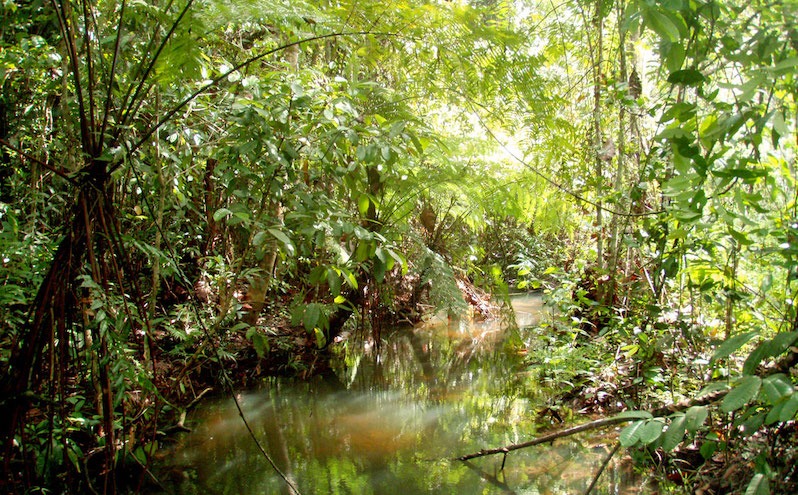Biodiversity assessment with Next Generation Sequencing
Written on January 1st , 2018 by Bilgenur Baloglu
Swamp Forest Ecological Assessment
Benthic macroinvertebrates – those animals that live at the bottoms of water bodies - are abundant, diverse, relatively immobile, and responsive to environmental stresses, and these traits make them ideal indicators of the quality of aquatic ecosystems.
Freshwater swamp forests – the forested wetlands occurring along rivers and lakes – are home to various endemic and endangered species with 33% of birds and 45% of mammals either threatened or endangered on the IUCN Red List, and with most of the insect fauna unknown. These ecosystems are under threat worldwide from habitat destruction, pollution, and climate crisis.
Our study showed that Singapore’s biggest swamp forest remnant maintains a rich and largely unique fauna of about 350 species. Overall, it demonstrates the utility of Next Generation Sequencing (NGS) platforms as an efficient and rapid tool for monitoring efforts.

